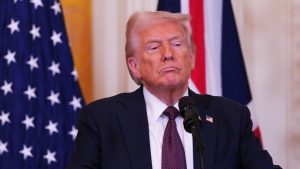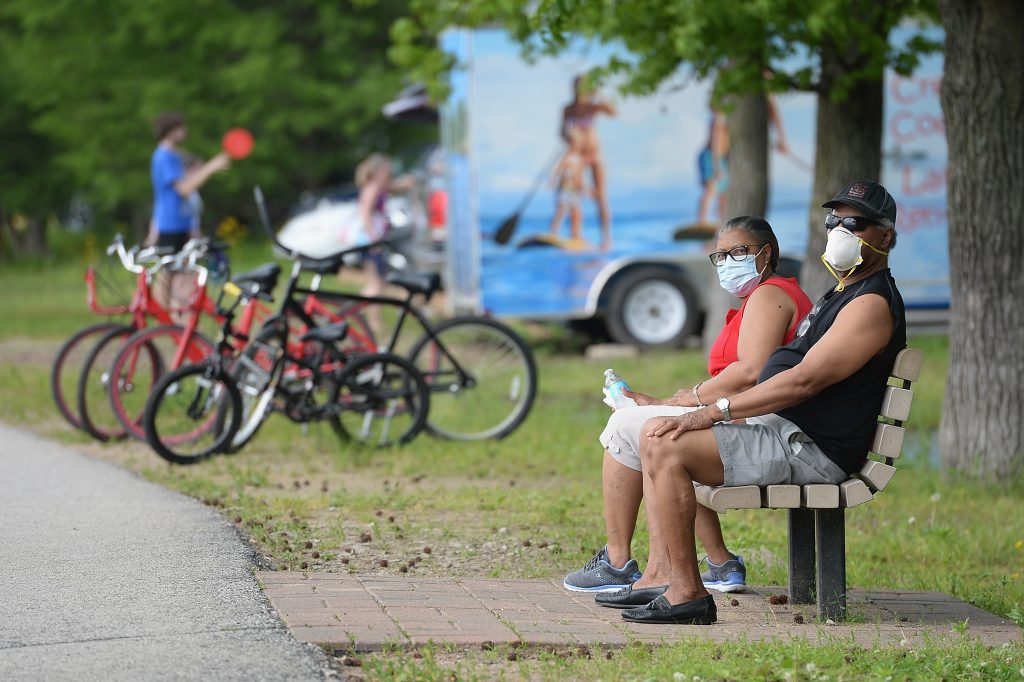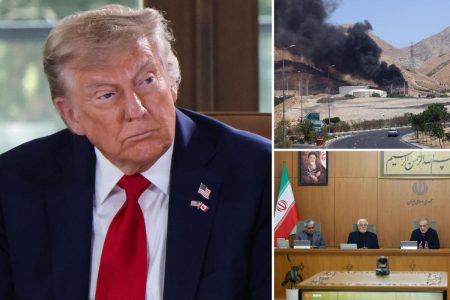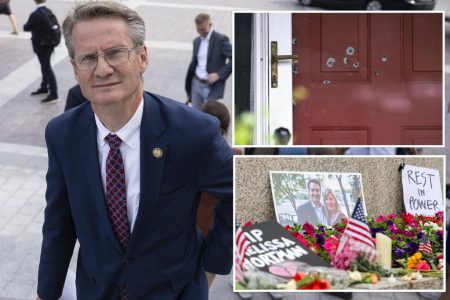The state of Missouri’s audacious lawsuit against the People’s Republic of China, alleging culpability for the global COVID-19 pandemic, is reaching its denouement. Filed in April 2020, the suit accuses China of exacerbating the pandemic through its initial handling of the outbreak in Wuhan, Hubei Province, including suppressing early warnings and hoarding personal protective equipment (PPE). Missouri, the “Show Me State,” is seeking a staggering $25 billion in damages and has threatened to seize Chinese assets if the court rules in its favor and Beijing refuses to pay. This unprecedented legal battle is unfolding amidst renewed scrutiny of the pandemic’s origins, with the CIA recently concluding that a lab leak is the most likely scenario, a claim that China vehemently denies.
The crux of Missouri’s case rests on the allegation that China’s actions, specifically its control over a significant portion of global PPE production and subsequent export restrictions, artificially inflated prices and put Missourians at risk. The state argues that China’s hoarding of masks and other essential medical supplies created a global shortage during the critical early stages of the pandemic, forcing other nations, including the U.S., to scramble for resources and pay inflated prices. This, Missouri contends, directly harmed its citizens and constitutes grounds for substantial financial compensation. The trial, held in Cape Girardeau, was notably brief, lasting less than an hour, with China declining to participate. This absence effectively strengthens Missouri’s position, making a ruling in its favor more likely.
Missouri Attorney General Andrew Bailey has been a vocal proponent of holding China accountable for the pandemic’s devastating consequences. He has framed the lawsuit as a fight for justice, accusing the Chinese Communist Party of causing and exacerbating the crisis. Bailey’s pronouncements following the trial reflect confidence in a favorable outcome and a determination to collect the demanded damages, even if it requires seizing Chinese assets. His strong stance aligns with a growing sentiment, particularly within certain political circles, to hold China responsible for the global health and economic turmoil caused by the pandemic.
China, however, has consistently refuted these allegations. The Chinese government maintains that it shared information transparently and “without reservation” from the outset of the outbreak. It also disputes the lab leak theory, suggesting alternative origins for the virus, although these claims lack widespread scientific support. Chinese Foreign Ministry spokesperson Mao Ning dismissed the CIA’s findings, emphasizing that origins-tracing should be a scientific endeavor, not a political one. She also called on the U.S. to address questions about its own biological labs and early COVID-19 cases, deflecting criticism and shifting the focus back to the U.S.
The impending court ruling, expected in the coming weeks, carries significant geopolitical implications. A decision in Missouri’s favor could embolden other jurisdictions to pursue similar litigation, potentially opening a floodgate of claims against China. Such a scenario could further strain U.S.-China relations, already fraught with tensions over trade, technology, and human rights. Conversely, a ruling against Missouri could be seen as a vindication of China’s position and a setback for those seeking to hold it accountable for the pandemic’s impact.
Beyond the legal and financial ramifications, this case also highlights the broader debate surrounding the origins of COVID-19 and the responsibility of nations in managing global health crises. The lawsuit, regardless of its outcome, underscores the urgent need for greater international cooperation and transparency in addressing future pandemics. It also raises fundamental questions about accountability and the mechanisms for redress in the face of global health emergencies. The Missouri v. China case serves as a stark reminder of the interconnectedness of the world and the enduring challenges in navigating complex geopolitical landscapes. It also underscores the lasting impact of the COVID-19 pandemic and the ongoing quest for answers, accountability, and ultimately, justice.










